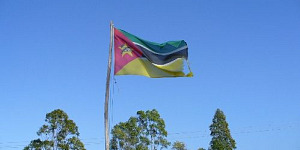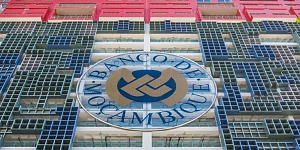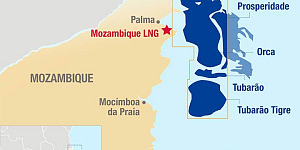Mozambique's central bank left its benchmark standing lending facility rate unchanged at 12.75 percent but noted "with concern" the decision of donors and other agencies to suspend aid to the country during a difficult time, a move that would likely lead to a review of growth and inflation projections and stronger coordination of fiscal and monetary policies to restore economic stability.
The Bank of Mozambique, which has raised its rate by 300 basis points this year - most recently by 200 points in April - said the suspension of financial assistance would have a potential negative impact on state budgets and the balance of payments at a time that the main ratings agencies are reviewing the country's credit rating.
Last month the International Monetary Fund (IMF) suspended aid to Mozambique after finding that it allegedly had a least $1 billion in undisclosed government debt.
The IMF believes Mozambique has concealed borrowing for defense-related spending and halted disbursements of $155 million of a $286 million emergency loan made last year to help the country following falls in commodity prices.
Last week a group of donor nations, known as the G14 and headed by Portugal, also suspended aid of an estimated $265 million to Mozambique's state budget. The United States is reviewing $400 million it provides to the country.
"Given the particularly difficult situation facing the country, which demands more austerity and with with all sectors of the economy, the MPC considers it essential consolidate recent measures," the central bank said, adding that the economy is still feeling the effects of drought and floods along with the difficulty of moving people and goods at a time of political and military tension.
The central bank will target a monetary base of 69.507 billion meticais in May, down from an estimated 71.083 billion in April.
The metical has been depreciating against the U.S. dollar since December 2014 and lost 31 percent of its value last year. This year it has continued to fall and was trading at 54 to the dollar today, down a further 12.5 percent.
The inflation rate has accelerated and hit 17.3 percent in April, up from 13.6 percent in March and the highest rate since December 2010, fueled by higher food prices from drought and higher import prices.





































